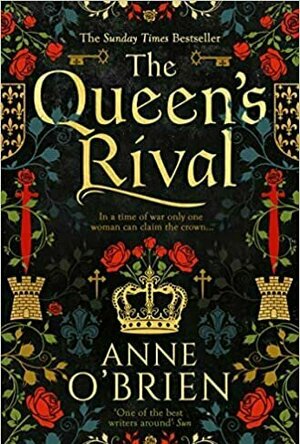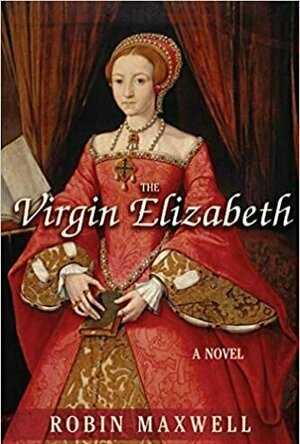ClareR (6054 KP) rated The Queen’s Rival in Books
Dec 16, 2022
I liked the way this was set out: from the letters between characters, to the fictional England’s Chronicle (which had some great sarcastic comments).
Cecile Neville, Duchess of York, was Edward IV and Richard III’s mother. She lived through some pretty turbulent times, and must have feared for her own and the lives of her children on several occasions. But she always remained true to her husband and their belief that they were the true rulers of the realm. What a time to have lived!
The emotions were so well conveyed, the historical information so well explained, and it never felt like a history lesson. Just a really great read!
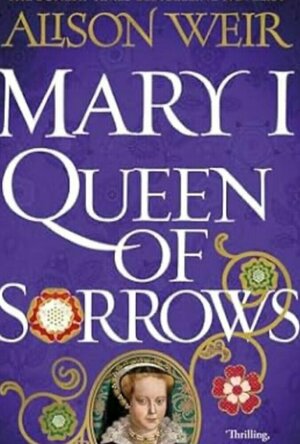
Mary I: Queen of Sorrows
Book
A DESTINY REWRITTEN. A ROYAL HEART DIVIDED. Adored only child of Henry VIII and his Queen,...
Historical fiction Tudors English monarchy
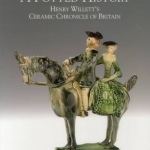
A Potted History: Henry Willett's Ceramic Chronicle of Britain
Book
The Willett Collection is unique. It is the only collection formed to illustrate what 19th century...
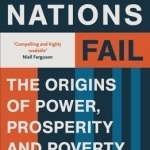
Why Nations Fail: The Origins of Power, Prosperity and Poverty
Daron Acemoglu and James A. Robinson
Book
Shortlisted for the Financial Times and Goldman Sachs Business Book of the Year Award 2012. Why are...

A Little History of British Gardening
Book
Did the Romans have rakes? Did the monks get muddy? Did the potato seem really, really weird when it...
Lyndsey Gollogly (2893 KP) rated The Virgin Elizabeth: A Novel in Books
Mar 22, 2021
Book
Virgin
By Robin Maxwell
Once read a review will be written via Smashbomb and link posted in comments
...a riveting portrait of Elizabeth I as a romantic and
vulnerable teenager, dangerously awakening to a perilous
liaison with the wrong man.
England, 1547: King Henry is dead. Elizabeth's half-brother, nine-year-old Edward, is king in name only. Thomas Seymour, brother to the ambitious duke who has seized power in this time of crisis, calculatingly works his way into Elizabeth's home in genteel Chelsea House. He marries Henry's widow, Catherine Parr, and uses his venerable charms and sexual magnetism to indulge his infatuation for young Elizabeth. Caught hopelessly under Thomas Seymour's spell, surrounded by kind friends and hidden enemies, Elizabeth can only follow her heart to ensure survival.
I’m fascinated by the Tudors and our English history and I love historical fiction so this was right up my street! Robin Maxwell certainly knows how to spin a tail! Elizabeth is definitely one of my favourite royals and to have an insight of her young life after already overcoming the embarrassment of her mother’s demise then this scandal truly shows why she remained unmarried and one of the longest strongest rulers!!
Deborah (162 KP) rated The Children of Henry VIII in Books
Dec 21, 2018
The one new point that Guy does bring up, is the theory that Henry VIII belonged to a rare blood group, which resulted in problems with offspring surviving. We can see that no one woman appears to have more than one surviving child by him, but I would have liked a little more detail to support this - how did Henry come by his rare blood group? He was one of several siblings who survived infancy and his surviving sisters themselves had more than one surviving child.
A good brief guide to the subject, probably more suited to a reader fairly new to the subject. I felt disappointed as there was nothing new in here for me.
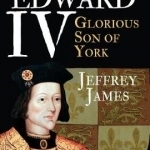
Edward IV: Glorious Son of York
Book
Few English monarchs had to fight harder for the right to rule than King Edward IV - Shakespeare's...
Deborah (162 KP) rated The Queen's Governess in Books
Dec 21, 2018
The novel is written in the first person, which can be a little clumsy in the hands of an unskilled author, but Harper carried it off well. I was interested in her historical note at the end, as Kat Ashley's origins are a little obscure - I do like to know what is fact and what the author's imagination, but of course fact is often stranger than fiction! I'm not totally sure if the relationship with Cromwell as shown in the novel is based on historical fact or more on conjecture on the author's part.
I did spot a couple of errors in the text - I know they do move county boundaries now and then, but I do beleive that Stamford is in Lincolnshire and not Northamptonshire. Yes, I know it's picky, but it's that sort of thing that makes me stop and think "Are you sure?".
The novel starts with the demise of Anne Boleyn and then takes us back to Kat's earlier life in Devon, leading up to the moment we see in the prologue. We are carried through all the trials and tribulations of the reigns of her half siblings finally followed by Elizabeth's accession and some way into her reign.

Topiary, Knots and Parterres
Book
Topiary, knots and parterres come in many guises, from the grand and imposing to the humble and...
